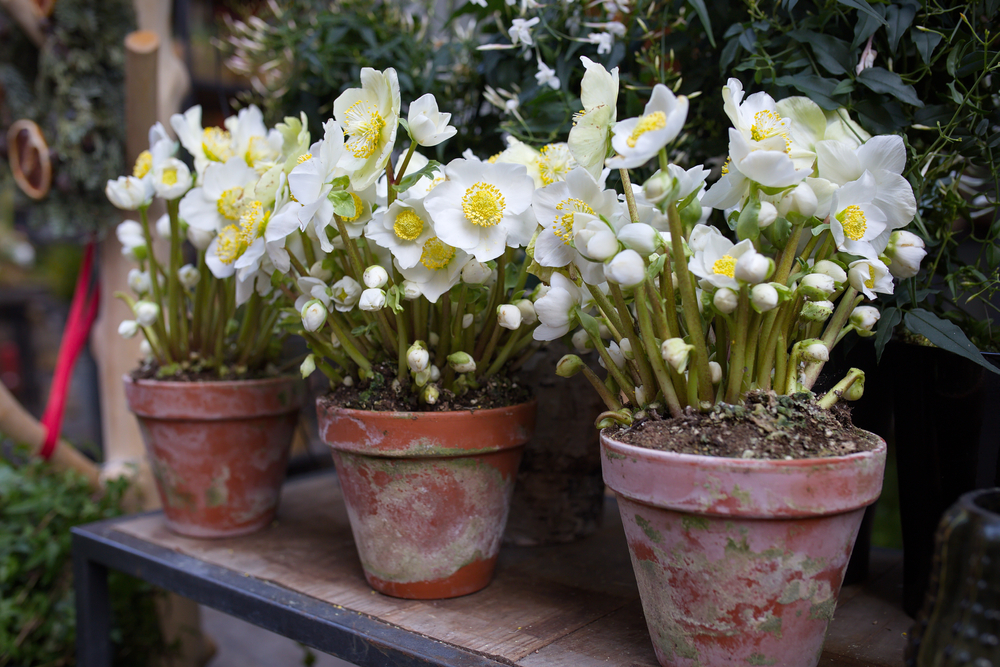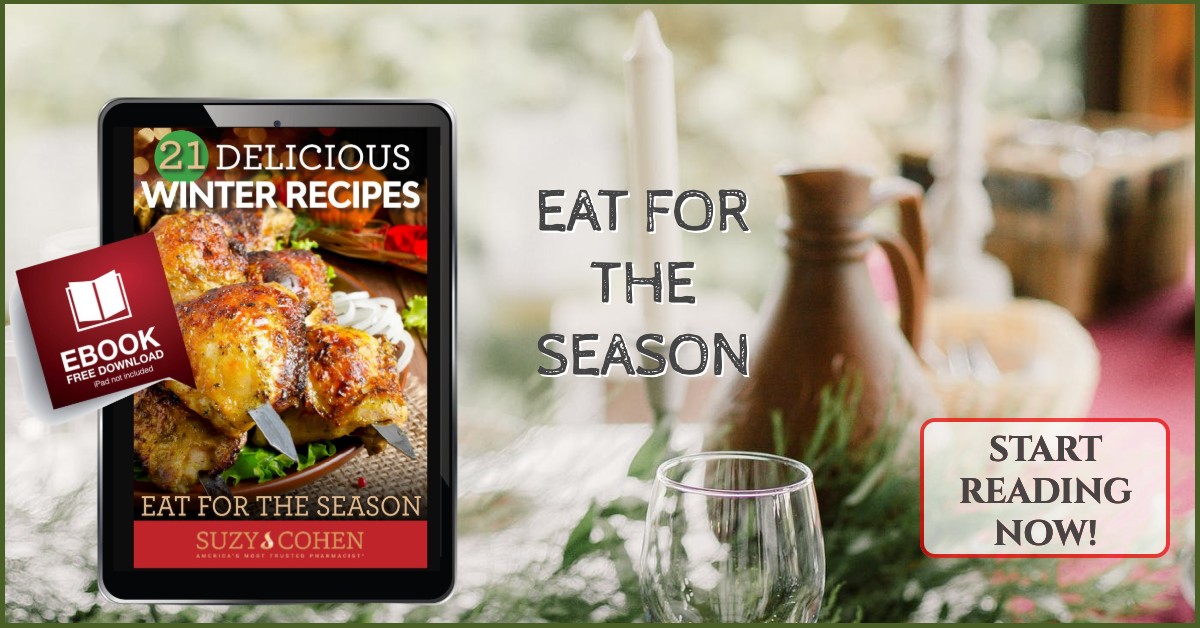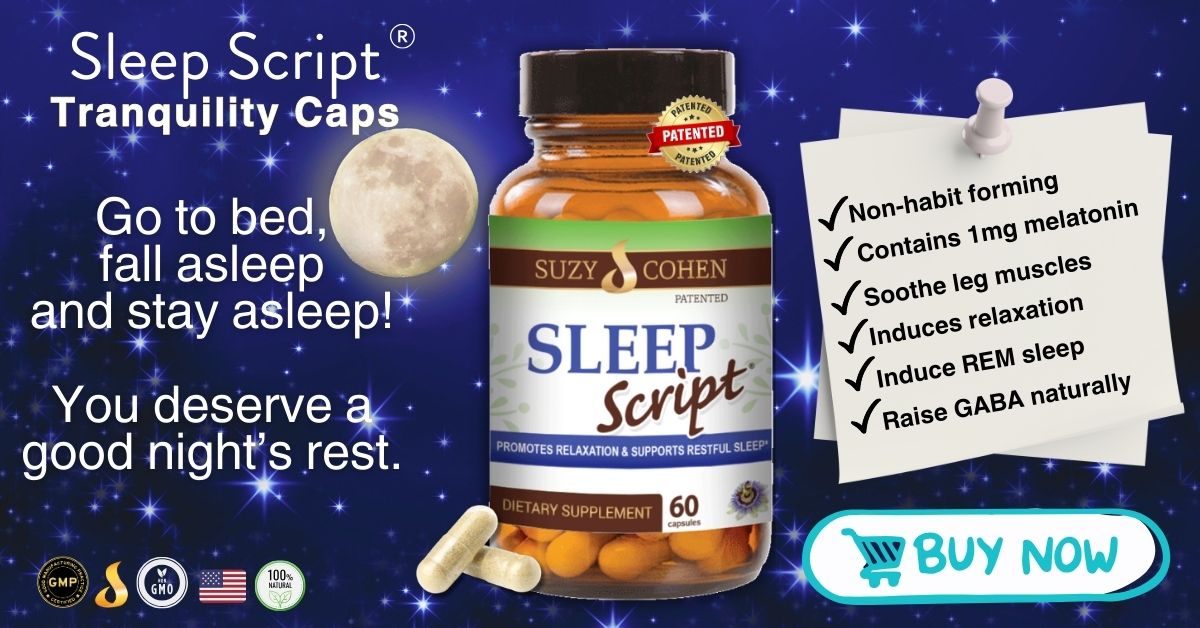Many families have young children and pets, and so today’s article is aimed at keeping you safe. Today you’ll find out which holiday plants need to be kept out of reach of children and pets.
Poinsettia.
The poinsettia plant blooms with those stunning big flowers! The flowers aren’t really “flowers,” they’re just leaves that turned a pretty color. Did you know that the plants green leaves actually provide the color of the bloom you see, based upon the amount of light it gets? That’s why some varieties have red, white or pink flowers! The sap causes oral irritation, cramps and stomach upset.

The Christmas Rose
Sometimes called Helleborus niger, the “Christmas rose” plant is dangerous to children and dogs due to the content of cardiac glycosides. That term is actually a drug category that includes the heart drug called digoxin. The plant also contains poisonous “bufadienolides.”
This flower doesn’t look like an actual rose that you might be imagining. It is shown here so that you can spot it right away –> it’s a white (or pink) flower with a yellow center, and it comes in a few other varieties. Symptoms of ingestion of The Christmas Rose can be dangerous, and include throat problems, weakness, nausea, vomiting, diarrhea, stomach upset and drooling.
Mistletoe.
The kissing sprig. If you pass beneath the mistletoe, you can get one planted on you! It’s a well-known holiday tradition and symbol of love! American mistletoe (Phoradendron serotinum) is different and safer, compared to its European cousin known botanically as Viscum album. American mistletoe is not toxic like the European variety, but here in the states, it’s come down to guilt by association.

Bulbs
There are many spring blooming bulbs that I had in my house such as daffodil, hyacinth and amaryllis. Some of you bring the bulbs indoors during winter, however these bulbs can be accidentally mistaken for garlic or shallots, or eaten by a pet or child. Many are quite poisonous and can induce mouth irritation, vomiting, diarrhea and other symptoms.
Holly Berries.
Boughs of holly offer homeowners some stunning holiday decor options, but the berries are toxic to pets and people. It can cause local irritation in your mouth as well as severe diarrhea, vomiting, dehydration, drowsiness, the jitters and physical weakness. The holly leaves are prickly so those aren’t safe either, but it’s really the the berries that are the most harmful because they contain cyanogenic glycosides, as well as another toxin that acts similarly to theophylline. If you decide to decorate with holly, as shown in the picture SHOWN HERE with the Reindeer Cupcake Recipe, it’s better to use the faux/plastic sort (just keep it away from toddlers because of the little berries that come on them). To summarize it’s the live version that is potentially toxic but even if you use faux holly you still have to look out for the berries because they’re a choking hazard.
Christmas trees.
If you love the scent of a beautiful living spruce tree, and bring one home for the holidays, I recommend you feed it with plain water. Don’t use the commercial preservatives because most brands can cause stomach upset, nausea, vomiting and eye irritation. Whether or not this causes sensitivity is really dependent on what your tree preservative contains. Pathogens like bacteria and fungus will grow in stagnant water so make sure you keep the water fresh.
Many poisonings can occur during visits because if a family hosts you that isn’t used to either pet or child-proofing their home, they may have decorated their home with these types of plants. It’s important to seek medical advice if you are exposed to one of these plants. The number to the Poison Control Center is (800) 222-1222 in case you need it.

Suzy Cohen, has been a licensed pharmacist for over 30 years and believes the best approach to chronic illness is a combination of natural medicine and conventional. She founded her own dietary supplement company specializing in custom-formulas, some of which have patents. With a special focus on functional medicine, thyroid health and drug nutrient depletion, Suzy is the author of several related books including Thyroid Healthy, Drug Muggers, Diabetes Without Drugs, and a nationally syndicated column.

